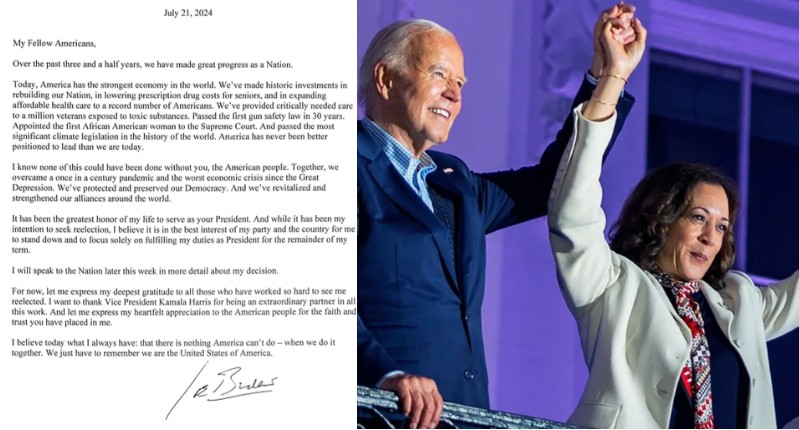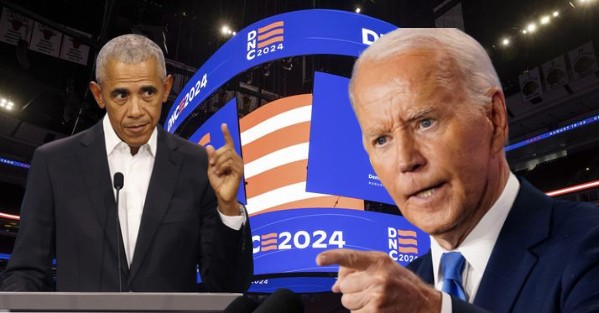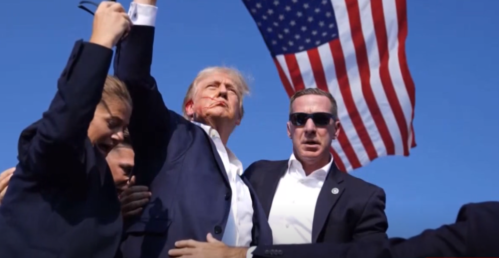In a charged exchange, British journalist Emily Maitlis confronted Marjorie Taylor Greene, highlighting the divisive issue of conspiracy theories among followers of former President Donald Trump. The intensity escalated as Maitlis probed into the allure of conspiracy theories within Trump’s camp, prompting Greene to adopt a defensive stance. Greene’s reaction, characterized by a fervent denial and a swift counterattack on the media’s role in perpetuating conspiracy narratives, underscored the deep-rooted tensions surrounding this contentious topic.
Greene’s defensive posture and swift redirection of blame towards the media spotlighted the underlying sensitivity within Trump’s support base concerning their association with conspiracy theories. By positioning herself as a defender of truth and American values, Greene aimed to deflect scrutiny away from the prevalence of conspiracy beliefs among Trump loyalists. However, the heated exchange between Greene and Maitlis shed light on the complexities and divisions within Trump’s support base, revealing the challenges of reconciling divergent perspectives on issues of truth, media integrity, and political loyalty.
Taylor Greene’s Controversial Statements and Abrupt Departure
Representative Taylor Greene’s sudden exit during the interview with Maitlis, prompted by a question about her past comments on Jewish space lasers, underscored her evident unease in confronting her own contentious remarks. Specifically, Maitlis referenced Greene’s widely criticized Facebook post, wherein she espoused the unfounded theory linking California wildfires to Jewish space lasers allegedly controlled by the Rothschild family. This mention appeared to incite Taylor Greene’s discomfort, leading to her decision to disengage from the conversation rather than offer clarification or address the concerns raised. By opting to walk away, Greene seemingly sidestepped further examination of her statements, raising questions about her willingness to confront controversy and engage in transparent discourse.
This incident not only highlighted Taylor Greene’s avoidance of accountability but also shed light on the broader implications of her actions. Her departure from the interview underscored the challenges of holding public figures accountable for their statements, particularly when they evade scrutiny rather than address legitimate concerns. Moreover, Greene’s reaction may fuel speculation and debate surrounding her credibility and commitment to transparent communication, potentially impacting her public image and political standing. As such, this episode serves as a notable example of the complexities involved in navigating the intersection of politics, controversy, and accountability in the modern media landscape.
Unraveling Under Pressure: Greene’s Offensive Outburst
In a startling twist during the interview with Maitlis, Taylor Greene’s language took a sharp and offensive turn, as she responded to probing questions with an unprofessional retort, telling the reporter to “f*ck off.” This abrupt shift into hostile language not only demonstrated a lack of decorum but also underscored Greene’s apparent difficulty in handling difficult inquiries. Such a response serves as a testament to her inability to navigate contentious discussions with composure and dignity, ultimately diminishing her credibility as a public figure.
The unfortunate progression from a heated exchange to outright hostility paints a negative picture of Greene’s capacity to engage in meaningful dialogue and uphold the standards of civil discourse. By resorting to vulgar language rather than addressing the substance of the questions posed, Greene not only failed to defend her beliefs effectively but also undermined her own credibility in the eyes of the public. This incident highlights the importance of maintaining professionalism and decorum, particularly for individuals occupying positions of influence and authority.
Taylor Greene’s Interview Meltdown, A Reflection of Poor Judgment and Extremism
Congresswoman Greene’s recent interview meltdown has ignited a firestorm of criticism and condemnation across the political spectrum. Her evident inability to respond to valid inquiries regarding her past statements not only highlights a lack of accountability but also raises serious doubts about her suitability for public office. Instead of addressing concerns directly, Greene resorted to profanity and evasion tactics, further damaging her credibility and reinforcing perceptions of her as an extremist figure in politics.
This incident underscores the importance of transparency and integrity in public office. By failing to engage constructively with legitimate questions, Greene has deepened public skepticism and reinforced the perception that she is unfit to represent her constituents effectively. Moving forward, it is imperative for elected officials to prioritize accountability and openness to regain public trust and credibility in the political arena.
In the aftermath of the incident, there have been renewed calls for accountability and consequences for Greene’s behavior. Critics argue that elected officials must be held to a higher standard of conduct, particularly when representing their constituents on a national stage. Greene’s unwillingness to engage in meaningful discourse and her use of derogatory language underscore the need for greater scrutiny and oversight of her actions as a member of Congress.
Integrity in Public Discourse
The recent clash between Marjorie Taylor Greene and Emily Maitlis underscores the critical role of integrity and accountability in public dialogue. As elected representatives, it is imperative for individuals like Greene to participate in open and respectful exchanges with journalists, ensuring transparency and addressing public concerns effectively. However, Greene’s apparent disregard for these fundamental principles not only tarnishes her personal reputation but also amplifies concerns regarding the quality of political discourse within modern society.
The incident with Taylor Greene highlights the urgent need for elected officials to uphold ethical standards and engage in constructive dialogue with the media and the public. By failing to demonstrate integrity and accountability, Taylor Greene not only diminishes trust in her own credibility but also erodes the foundation of democratic communication. This confrontation serves as a poignant reminder that the conduct of public figures has far-reaching implications, shaping public perception and influencing the overall health of democratic institutions.
Table of Contents
Discover more from OGM News NG
Subscribe to get the latest posts sent to your email.














